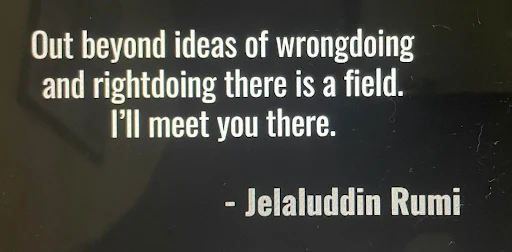Kadhalikka Neramillai (No time to love, காதலிக்க நேரமில்லை; Tamil, 2025)Director: Kiruthiga Udhayanidhi
 |
https://www.moneycontrol.com/entertainment/kadhalikka-neramillai-ott-release-
when-and-where-to-watch-this-romantic-drama-starring-jayam-ravi-a
nd-nithiya-menon-article-12936421.html |
It would have been just another Netflix recommendation that I would have ignored. Having such an unoriginal name, which had been used before, did not excite me. For the ignoramus, in 1964, the Tamil cinema was taken back by Sridhar's superhit. Its psychedelic, picturesque Eastman moment came to be defined as Tamil cinema's first rom-com. The hit song. 'Visvanathan, velai vendum!' became to be sung as the voice of defiance of the oppressed.
My interest was piqued when a YouTuber of a channel I follow went into a tirade trying to tear down Netflix and its moviemakers for thinking out of such a crass movie. Other Tamil movie reviewers were kind to the movie, praising it for its modern approach to storytelling and refreshing filmmaking. They probably did not want to offend the First Family of Tamil Nadu, as the ruling CM's family is involved in the film's direction, production and distribution. My YouTuber accused Netflix and the producers of trying to tear down every fibre of decency and threaten to destroy the Indian way of life. The prescribed Indian or Tamil way of living, where a female is supposed to follow specific rules regarding sex, weddings and patriarchal lead, is torn down.
The movie starts with a rebellious daughter, Shriya, working as an architect in Chennai, asking her mother how sure she was that her unmarried daughter was still a virgin. The mother almost faints whilst the father ducks down, avoiding the confrontation that ensued.
To put things in order, it is a story about a daughter who plans to migrate to the US after a civil marriage with her 4-year-old boyfriend and obtains her visa. One day, after returning from work earlier than usual, she finds her husband in bed with her best friend. She annuls her wedding.
 |
| The 1964 version |
In another town, Bangalore, another architect, Sid, is all set to engage his model girlfriend. After a minor misunderstanding, the fiancée decides not to turn up. As is often the case, he goes on bedding beaux one after another for revenge.
Meanwhile, Shriya realises that her biological clock is ticking away and wants a baby as soon as possible. What does she do? She goes straight for donor insemination. And guess whose sperm she receives? Don't ask how, but she receives Sid's from another state. Sid had once accompanied his gay friend to donate his sperm for future use. Sid does the same. This gay friend reappears later to marry his partner. This became a point of contention for the commentator as if the film is normalising gay weddings in India. For the record, while the third gender is recognised in Indian law, gay weddings are not.
The purists also have issues with the casual portrayal of alcohol consumption by both sexes and across all layers of society. The familial decorum, such as the parent-child barrier often observed in traditional Indian families, seems to have disappeared. Single parenting is depicted as the most natural thing. It is trying to shove in the Woke's gender agenda.
Most Indian movies end with all the characters agreeing that the Indian way of life is supreme as if to resolve all the issues. No, not here. The protagonist decides to live with the sperm donor as her live-in partner.
.jpeg)














.jpeg)










